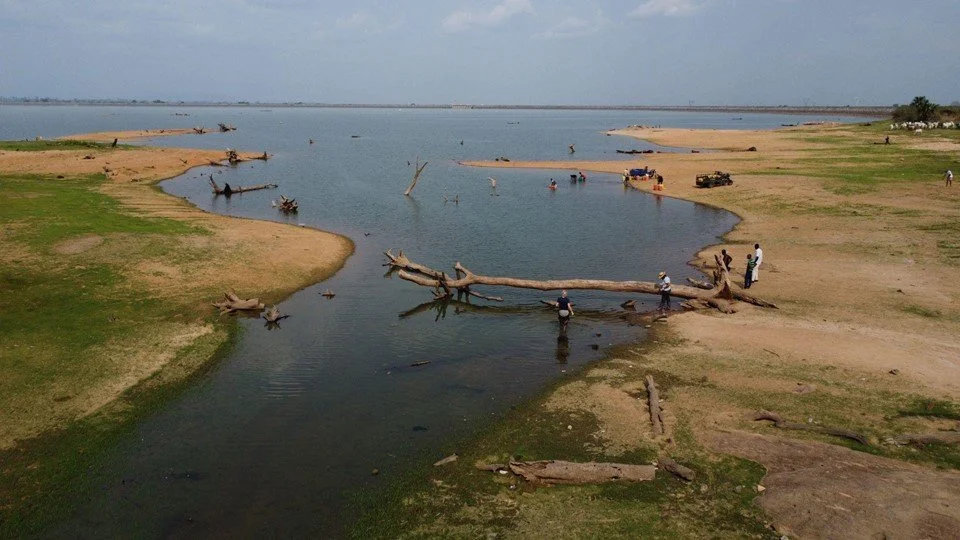Export-Driven Coastal Aquaculture can Benefit Nutritionally Vulnerable People
Description
In this podcast, Professor David Little talks with Associate Professor Abdullah-Al Mamun from the Department of Fisheries and Marine Science at Noakhali Science and technology University, Bangladesh, about the findings of his research among shrimp farming communities in South West Bangladesh which was carried out in collaboration with the Universities of Stirling and Aberdeen. This large-scale study found that the export-driven culture of shrimp supports local livelihoods with positive contributions to public health and prosperity, whilst being climate-resilient, contrary to its reputation. The study was conducted over four years, collecting quantitative and qualitative data from 240 households and 160 shrimp-prawn farms in four different communities.
The study found that a relatively small amount of the total production was exported and that local sales of shrimp as well as co-production of other species provided important income for communities, had a low impact on the environment, whilst providing crucial nutrition.
The research found that only 20-40 per cent of all the fish produced – the shrimp and prawn - was destined for export, with a high diversity of other fish being produced, sold and consumed locally in mainly small-scale enterprises.

















